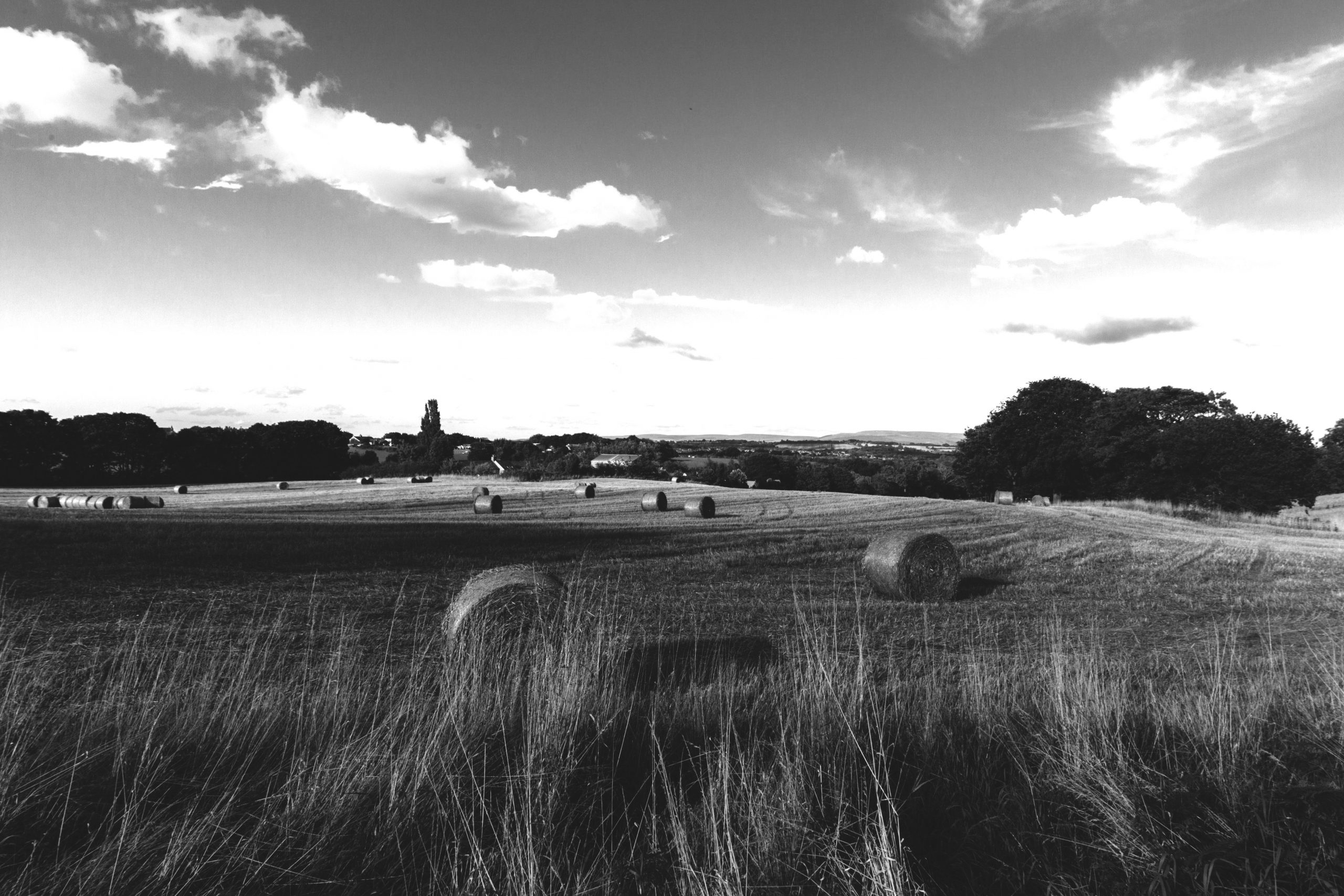Mark Twain famously said ‘Buy land, they’re not making it anymore’ and in a world where population continues to increase, the relevance of that statement has never been greater. The pressures for use of land are multiplying, yet the demands from it in terms of food, housing, amenity and more are likewise sought after. How we seek to solve this going forward is crucial and is certainly complex. There are many forecasts on all these issues but currently global population growth is just over 1% per annum, famine impacts on wide areas of our world and many have little or no shelter.
What is very clear from all of this is that, whatever we do, we must seek to maximise the potential of our land. To do this we cannot look at it in compartments or for individual uses, the time is very much here to take a truly integrated approach to land management and its use. This brief article looks at how this might apply in the UK but hopefully the issues here can be contextualised for other situations.
What is an integrated approach?
Taking an integrated approach is to put together parts or elements and combine them into a whole. It requires understanding that, how we utilise or treat one area can impact significantly on another – something to do with the combination of the parts are greater than the whole. Over many years, this type of approach has often been sadly lacking in many areas and certainly within land management. The support system for agriculture often directs itself at individual areas of environment, food production or whatever and does not give a joined up approach.

























